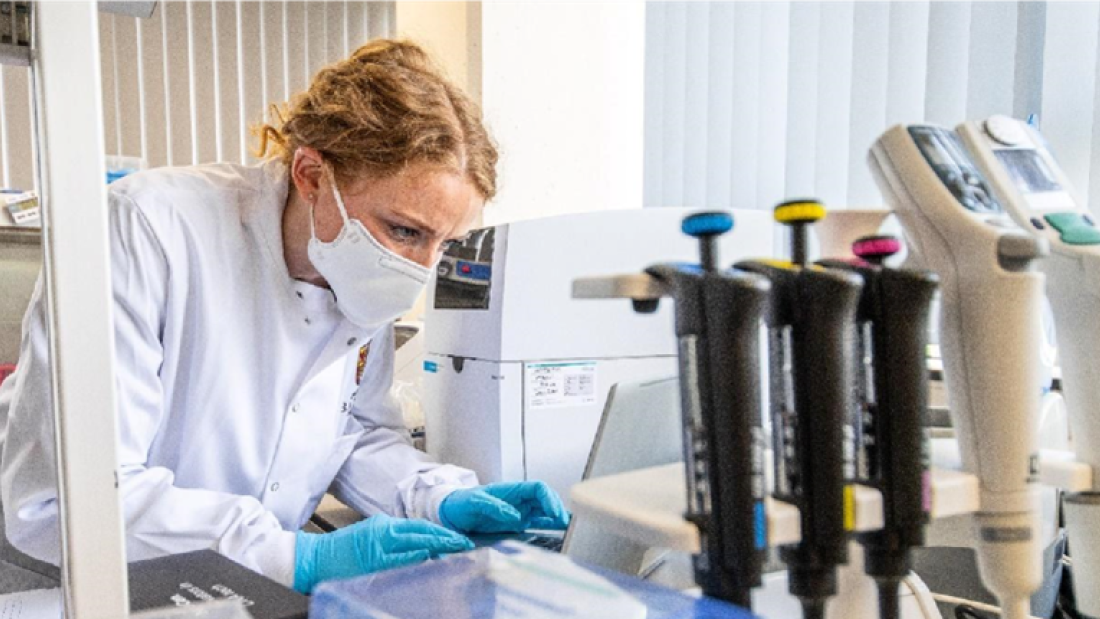The research team, including Dr Reshma Silvester and Professor Davey Jones, used High-Throughput qPCR techniques to track and quantify AMR levels in hospital and community wastewater across Wales.
Their findings highlight that while wastewater treatment plants (WWTPs) do reduce the presence of antibiotic resistance genes (ARGs) and bacteria, a significant proportion still makes its way into rivers, lakes, and coastal waters.
The study also highlights the environmental and public health risks associated with untreated sewage and combined sewer overflows, particularly as climate change increases the frequency of extreme weather events.
This study is the first to apply Resistomap’s Antibiotic Resistance Gene Index (ARGI) to quantify ARG burden in wastewater for AMR risk assessment. WWTP ARGI ranged from 2.0 to 2.3, exceeding the European mean of 2.0, enabling standardised AMR monitoring across regions and treatment systems.
Among the key findings:
- ARGs accumulate in sediments at higher levels than in water, acting as long-term reservoirs.
- WWTPs are not fully effective. While treatment plants reduce ARGs, mobile genetic elements and bacteria, a significant amount still ends up in rivers, lakes, and coastal waters.
- Wastewater contamination increases AMR levels in shellfish, posing potential risks to food safety and human health.
- During events like storms or water disturbances, sediments can be resuspended, potentially releasing ARGs back into the water, increasing the risk of AMR spreading to water users.
- There is a need for clear environmental limits and regular monitoring of AMR to prevent their unchecked spread.
Reshma Silvester, Postdoctoral Researcher at Bangor University, said: "Our study highlights the hidden role of wastewater in the spread of AMR. While treatment plants reduce some resistance genes, significant amounts still enter the environment, accumulating in sediments and even making their way into the food chain. Strengthening wastewater treatment policies and investing in advanced technologies will need to take centre stage for us to effectively safeguard public health and prevent AMR from becoming an even greater global challenge."
Read the full paper here: https://www.sciencedirect.com/science/article/pii/S0269749125004695?via%3Dihub

